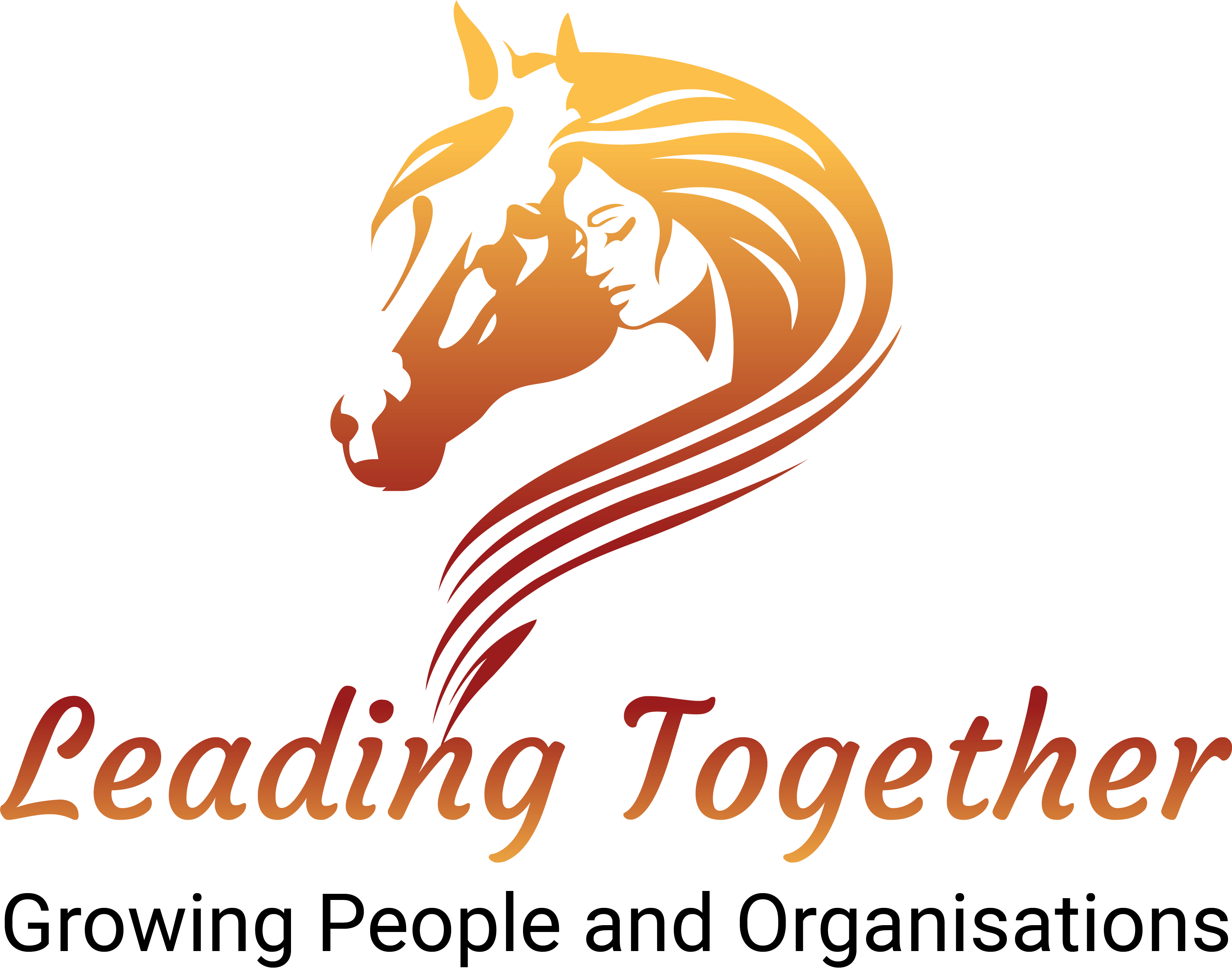As a leader you are in a position of power over others and…“with great power comes great responsibility”. You can choose to use it to build people up or use it to destroy them. As a leader bullying, toxicity in the workplace becomes your responsibilty. Leaders need to know what it is and how to manage it.
Anyone who has been a victim of workplace bullying or worked in a toxic workplace will know the damage that can be done. It can ruin your confidence, cause anxiety, or even worse lead to severe mental health problems. When you are at work for most of your waking moments this constant stress can lead to physical manifestations and a breakdown in other significant relationships in your life.
Bullying and Toxicity in the Workplace
According to the Australian Human Rights Commission, it can look like…
- repeated hurtful remarks or attacks, or making fun of your work or you as a person (including your family, sex, sexuality, gender identity, race or culture, education or economic background)
- sexual harassment, particularly stuff like unwelcome touching and sexually explicit comments and requests that make you uncomfortable
- excluding you or stopping you from working with people or taking part in activities that relates to your work
- playing mind games, ganging up on you, or other types of psychological harassment
- intimidation (making you feel less important and undervalued)
- giving you pointless tasks that have nothing to do with your job
- giving you impossible jobs that can’t be done in the given time or with the resources provided
- deliberately changing your work hours or schedule to make it difficult for you
- deliberately holding back information you need for getting your work done properly
- pushing, shoving, tripping, grabbing you in the workplace
- attacking or threatening with equipment, knives, guns, clubs or any other type of object that can be turned into a weapon
- initiation or hazing – where you are made to do humiliating or inappropriate things in order to be accepted as part of the team.
Two-thirds of Australians experience bullying, according to Study in South Australia University.
Given more than 2/3rds of us experience workplace bullying there is a high probability that you are a victim, witness, or perpetrator of workplace bullying. The effects of this can last a lifetime. It is an important and urgent issue. I was staggered by the numbers and the research.
There is a growing body of evidence showing that there is a significant correlation between bullying and low emotional intelligence. I believe that most leaders who lead through fear do this because they don’t know another way. Bullying and low emotional intelligence also correlate also with workplace performance.
Having been the victim of bullying, I personally understand the emotional and physical impact. It is this experience that continues to drive me to find another way to lead. I am a passionate believer that those in a position of leadership have a responsibility to manage and care for their team in a way that supports them. As a leader you have an obligation to show up, be present and do what you can so that they can grow into great leaders themselves.
Physical Symptoms

What ongoing stress can do to the body
If you are seeing any of these systems in your organisation or in yourself you may want to evalutate if you are in a toxic workplace. It is important that we understand it. What does it look and feel like and then make choices to either leave or change the culture.
I have witnessed a workplace so toxic that woman were vomiting in the bathroom everyday through fear. There were suicide ideation discussed and strategies from leaders on how to support suicidal staff but none of the conversation revolved around improving culture. The anxiety in amoungst the team was incredibly unhealthy and had been normalised.
The physical and emotional cost is not just “burn out”. It can be permanent. It is trauma.
Solutions to bullying and toxicity are clear
By increasing emotional intelligence you can transform a workplace. It works in all areas of the organisation. , improving wellbeing, performance, and motivation. Research is clear that emotional intelligence creates the difference between good leadership and great leadership. Everyone wins in a workplace that has a higher level of emotional intelligence. If you want to learn more about emotional intelligence and how to use it you can download my free emotional intelligence book.
#emotionalintelligence #leadership #itmatters










0 Comments